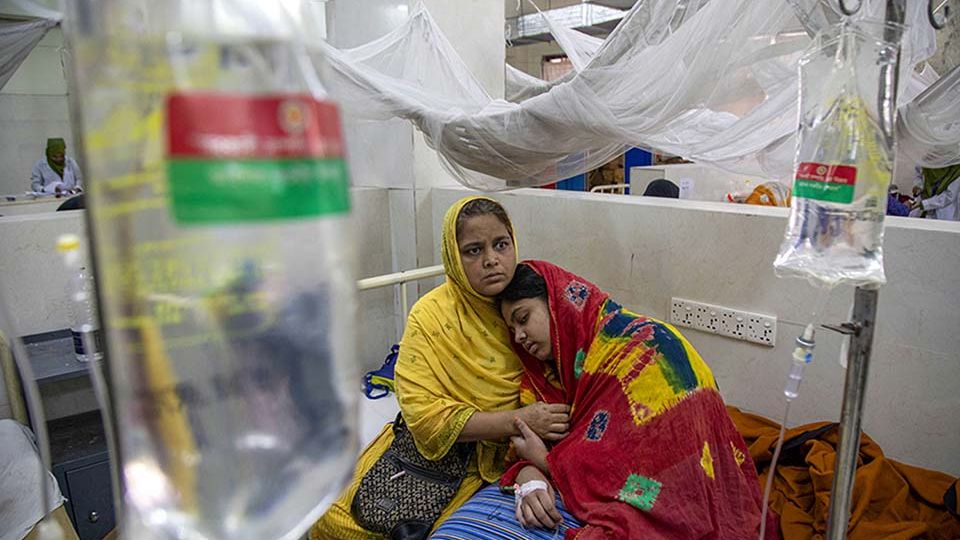June 2, 2025
DHAKA – At a time when healthcare experts are urging the government to increase the allocation for the health sector to 15 percent of the national budget or five percent of the GDP, it is deeply concerning that the two government divisions responsible for healthcare delivery have not even been able to utilise their Annual Development Programme (ADP) allocations. Reportedly, over the past 10 months, these two divisions—Medical Education and Family Welfare Division and Health Services Division—spent only a small portion of the funds allocated to them, making them the poorest performers in utilising their development budget. One of them spent only 2.34 percent of its Tk 2,283.16 crore budget by April this year—the lowest among all ministries and divisions—while the other used 14.9 percent of its Tk 5,673.51 crore budget, also nearing the bottom of the list. Unless the government addresses the factors behind such dismal performance and seriously considers the recommendations of the Health Sector Reform Commission, the much-needed change in our health sector will not come.
Reportedly, the factors identified by experts for poor ADP execution include the implementing agencies’ lack of capacity, inexperienced project directors, dependence on the Public Works Department for construction, outdated budgeting methods, and leadership changes following the July uprising. In addition, government agencies often lack the necessary managerial and administrative capacity and experience to implement projects in the health sector. Many implementing agencies also lack financial autonomy, requiring them to seek the ministry’s intervention, which is often a lengthy and bureaucratic process.
One crucial health project that has been delayed over the years is the one to establish fully fledged treatment centres at eight divisional headquarters for cancer, heart, and kidney patients. The project, approved in July 2019 and originally scheduled for completion by 2022, has undergone several revisions but still remains unfinished. Many other infrastructure development projects—for hospitals, medical colleges, universities, diagnostic facilities, and medical research centres—as well as the procurement of medical equipment are also facing similar delays. This means that the budget allocated for these projects remains unutilised.
While successive governments’ neglect has completely crippled our health sector over the years, the situation has sadly remained the same during the interim government’s tenure. We urge the government to address the issues hampering the health sector budget utilisation. The health budget must also address sector-specific needs, ensuring that adequate funds are allocated for the most-needed areas. The health sector must also have efficient leadership to ensure these projects are designed properly from the very beginning. The reform commission has put forward some pragmatic recommendations to overhaul our healthcare system, which should be implemented to make it efficient, pro-people, and accessible to all.


